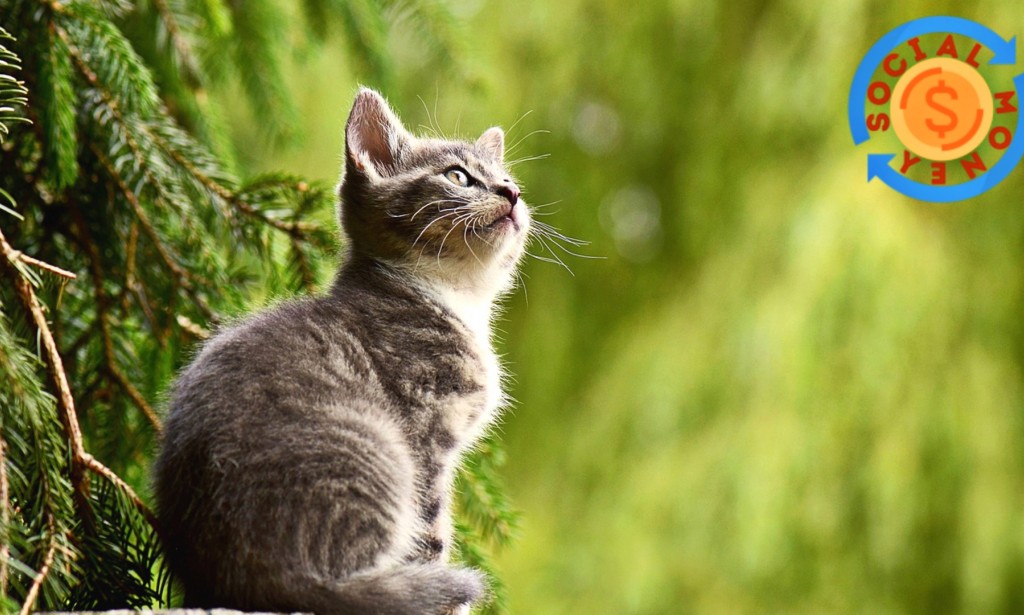rarely facts about cats
Pussycats are domesticated descendants of the African wildcat, and are one of the most popular faves in the world.
They're known for their independent nature, dexterity, and inflexibility.
pussycats have retractable claws, which they exercise for stalking and climbing, and are seasoned with excellent hail and a strong sense of smell.
pussycats have a fixing ritual to keep their fur clean and healthy, and are known for their strong territorial instinct.
They've a lifetime of 12- 16 times, although some can reside well into their 20s.
pussycats come in a variety of fleece colors and patterns, and there are multitudinous types to take from.
They're low conservation faves and can be trained to achieve colorful tricks and tasks.
Some rarely facts about cats
1.pussycats are domesticated descendants of the African wildcat.
2.pussycats are known for their dexterity, indulgence, and inflexibility.
3.Pussycats have retractable claws, which they exercise for stalking and climbing.
4.pussycats give through a variety of declamations, body language, and fragrance marking.
5.pussycats have a strong territorial instinct and frequently label their home with urine and scent glands on their face and paws.
6.pussycats have excellent hail and can hear sounds that are too high- pitched for humans to hear.
7.Pussycats have a adjustable chine and important hind legs, which enables them to spring great heights.
8.pussycats have a fixing ritual to keep their fur clean and healthy.
9.pussycats have a strong prey drive and will frequently hunt fragile creatures, involving catcalls, mensches, and insects.
10.pussycats have a lifetime of 12- 16 times, although some can reside well into their 20s.
11.pussycats have a adjustable body and can deform themselves to fit through fragile spaces. This is because they've further chines in their chine than humans do.
12.pussycats are known for their independent nature and are usually low conservation faves.
13.pussycats have a strong sense of smell and will frequently be attracted to certain aromas, similar as catnip.
14.pussycats have a third eyelid, called a" haw," which helps to keep their eyes wettish and defended.
15.pussycats have a strong instinct to scrape and will frequently exercise grazing posts to label their home and keep their claws sharp.
16.pussycats come in a variety of fleece colors and patterns, involving logical, gib, calico, and more.

17.pussycats have a special system of hydration and will frequently get their humidity from the food they eat preferably than drinking water.
18.pussycats have a gregarious scale and will frequently establish a pecking order among themselves.
19.pussycats are obligate herbivores, which means that they bear beast protein in their diet to survive.
20.pussycats can be trained to achieve colorful tricks and tasks, precisely like tykes.
21.pussycats have a adjustable chine and can rotate their cognizance 180 stages to support them detect the source of a sound.
22.pussycats have a fixing ritual to keep their fur clean and healthy. They will frequently exercise their lingo to remove dirt, debris, and befuddlements from their fur.
23.pussycats have a strong territorial instinct and will frequently label their home with urine and scent glands on their face and paws.
24.pussycats are known for their dexterity and can frequently land on their bases after falling from a height. This is due to their adjustable chine and strong hind legs.
25.pussycats have a strong prey drive and will frequently hunt fragile creatures, involving catcalls, mensches, and insects.
26.pussycats have a lifetime of 12- 16 times, although some can reside well into their 20s.
27.pussycats come in a variety of types, involving Siamese, Persian, Maine Coon, and more.
28.pussycats can be trained to achieve colorful tricks and tasks, similar as costing and utilizing the restroom.
29.pussycats have retractable claws, which they exercise for stalking and climbing. When not in use, their claws are repudiated and hidden inside their paws.
30.pussycats have a variety of declamations, involving meows, chirrs, and growls, which they exercise to give with humans and other pussycats.


يجب عليك تسجيل الدخول لتستطيع كتابة تعليق